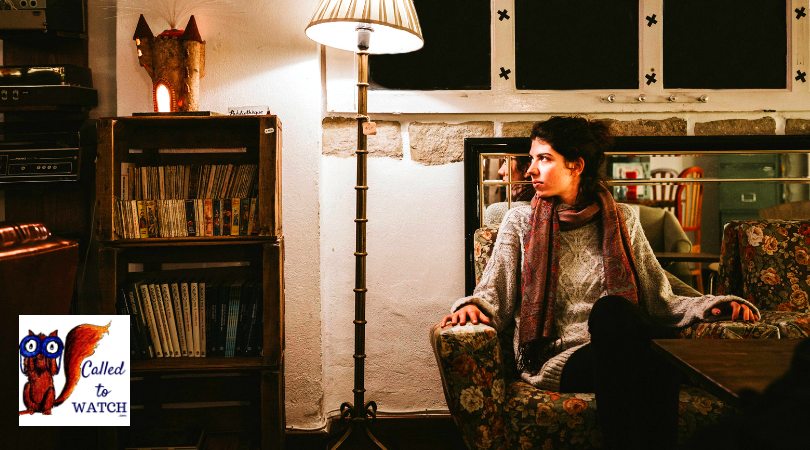A while ago I read a fascinating article about phatic communication, or ‘small talk’. Phatic communication is speech which serves a purpose other than that implied by the words used. An example would be the question, “how are you?”
What this question is actually asking is, “how are you physically/mentally?” Yet how many of us actually answer this? And why don’t we?
It’s not because we’re being rude or ignoring the question. In fact, often askers are surprised when someone lists their current physical health in response! It’s because we understand that in our social context the question is often merely a greeting, a social nicety which has to be used before the ‘proper’ conversation can begin.
An example of phatic communication (small talk!)
Often when I run I call out a (breathless) ‘hi!’ or ‘good evening/morning!’ as I pass someone by. About 3 times out of ten, someone will reply. Out of that 30%, at least half reply with ‘good thanks’ or ‘I’m well thanks’ – despite the fact that I never asked if they were!
This is because they are so used to ‘how are you’ being part of ‘hello’ and other social niceties (or nonenties!) that they assume I’ve asked and thus reply automatically.
Continue reading “Why small talk is so important in chronic illness (& why I neglect it!)”










